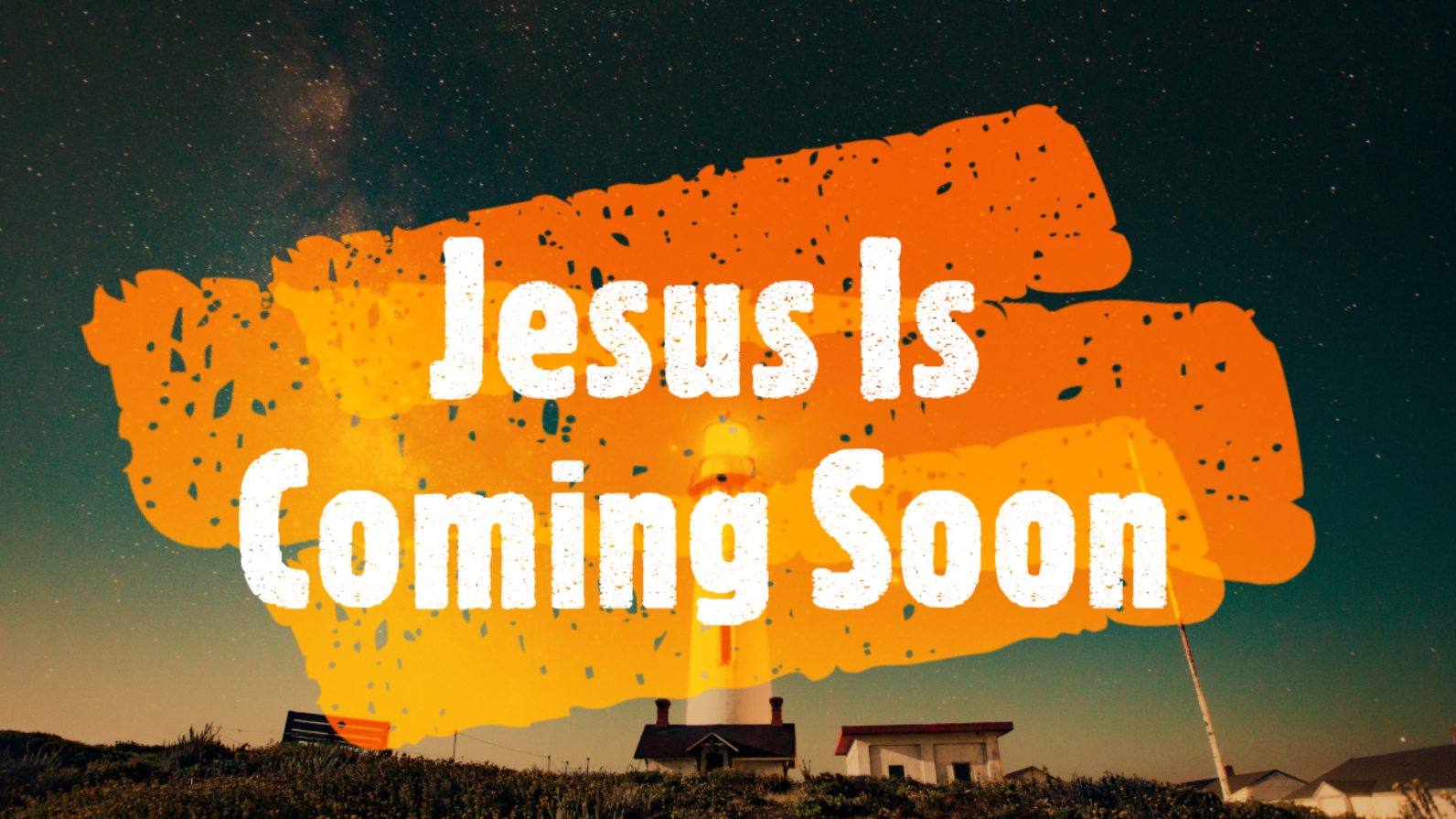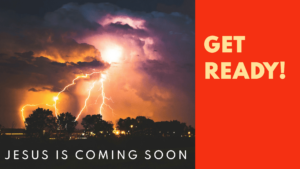Make me a channel of your peace is the first line of a famous prayer. I would like to share a few simple thoughts on it:
Each one of us is confronted with choices everyday—to be contributors to peace or let go of opportunities to make peace.… Read the rest





